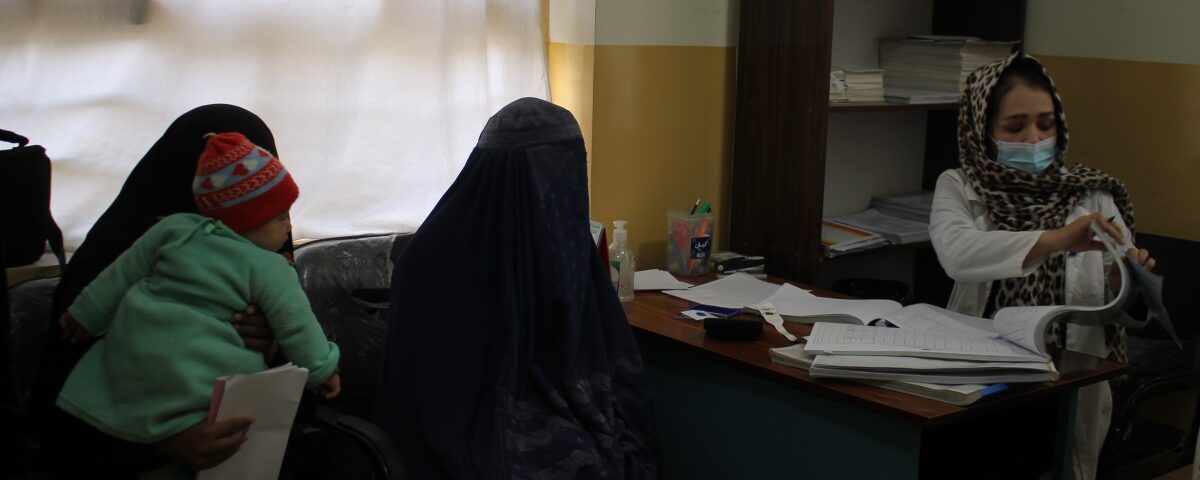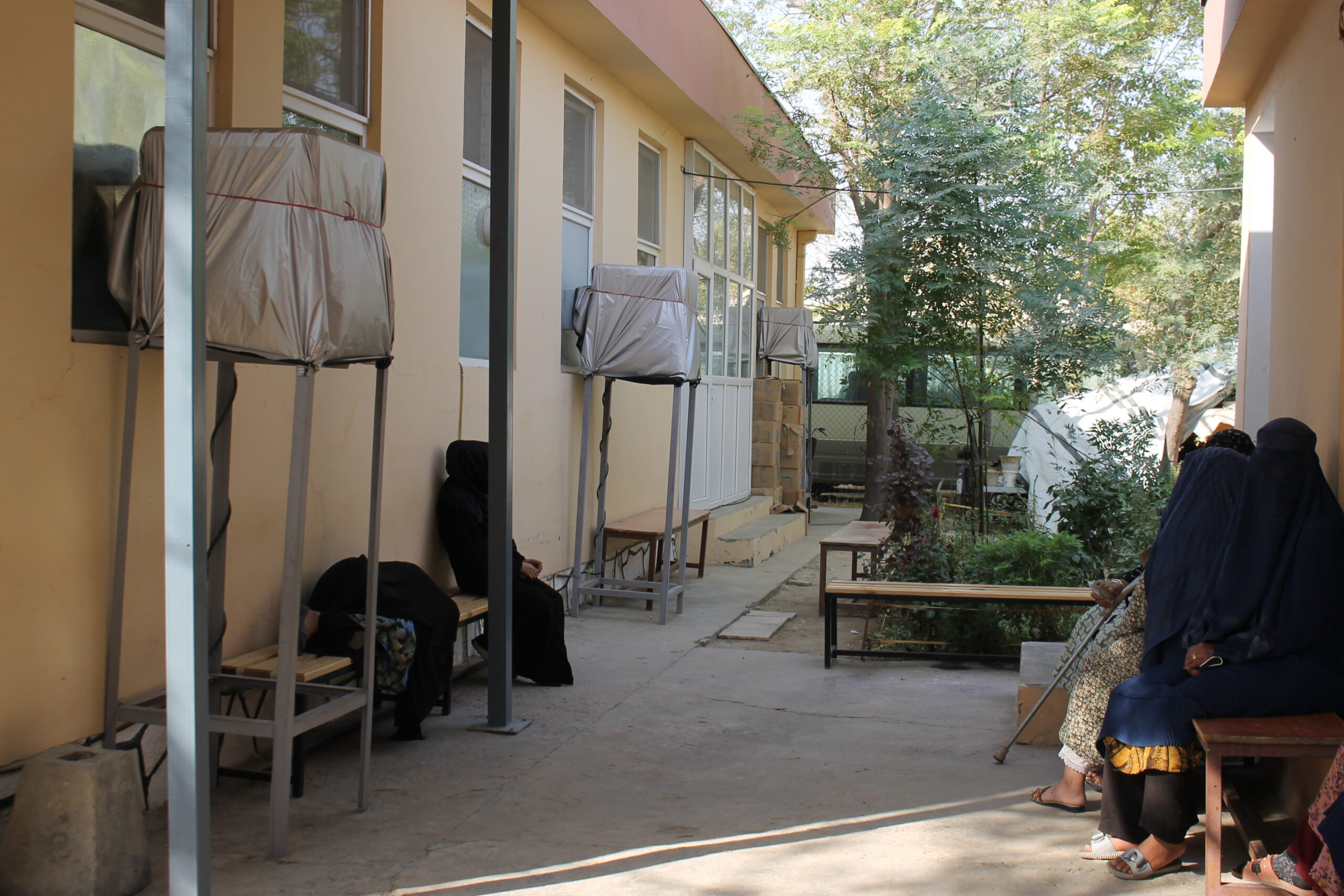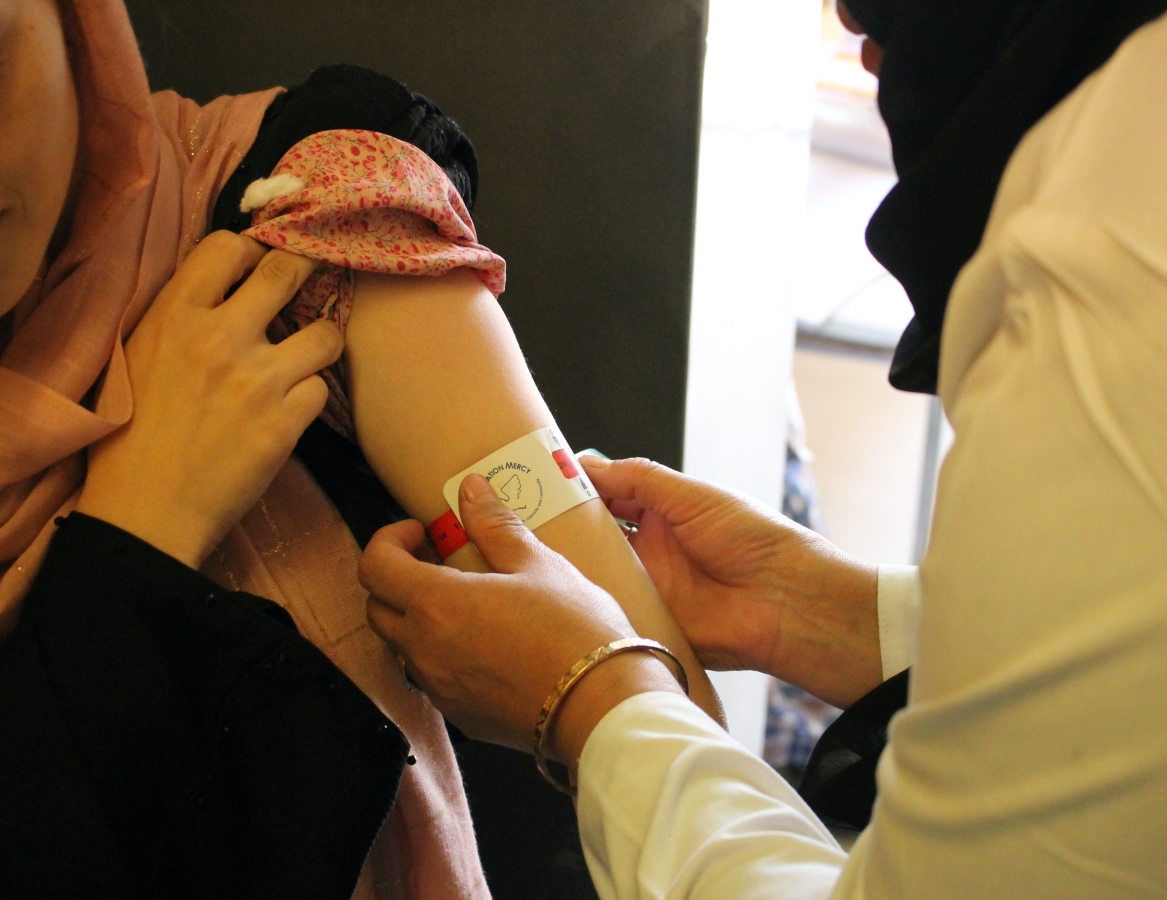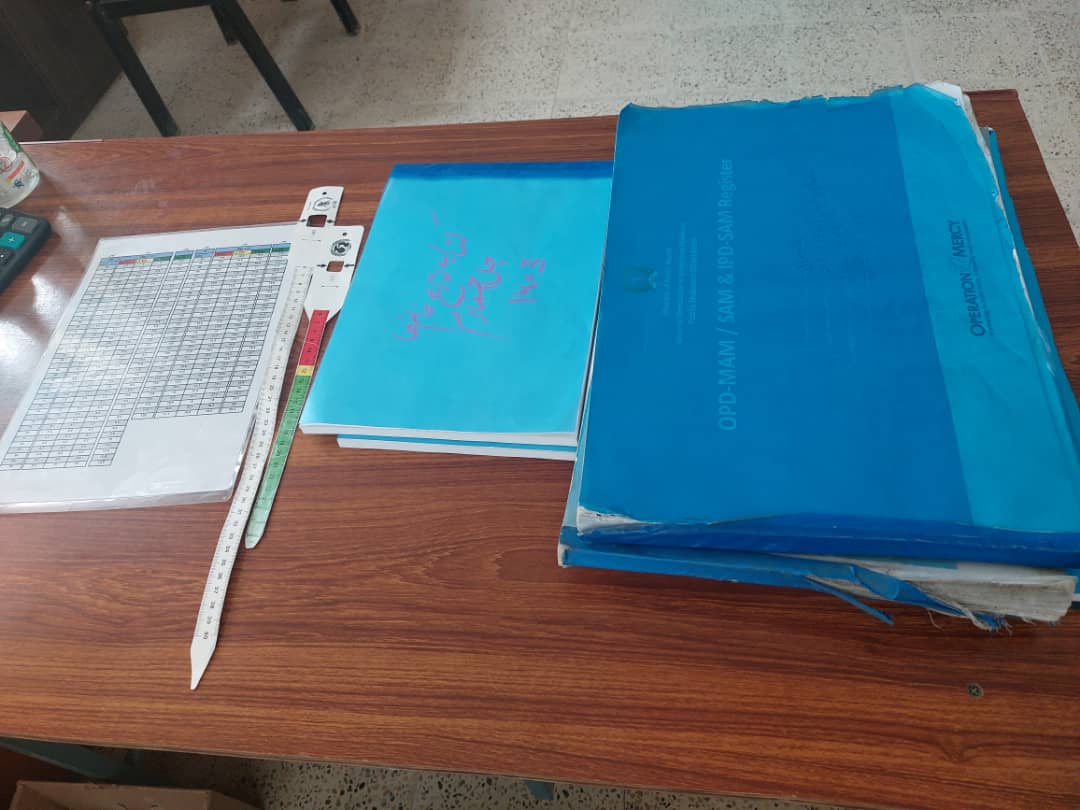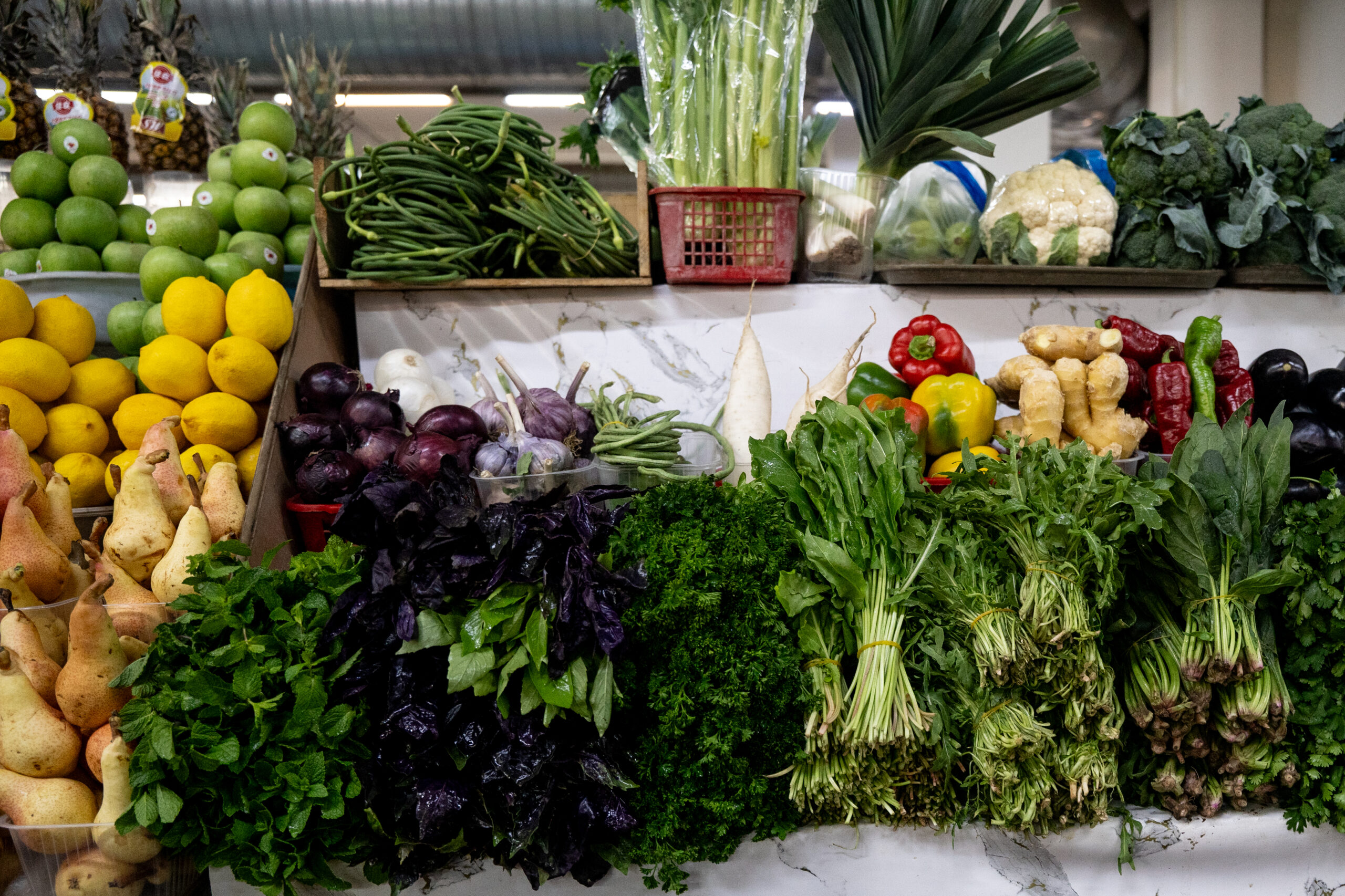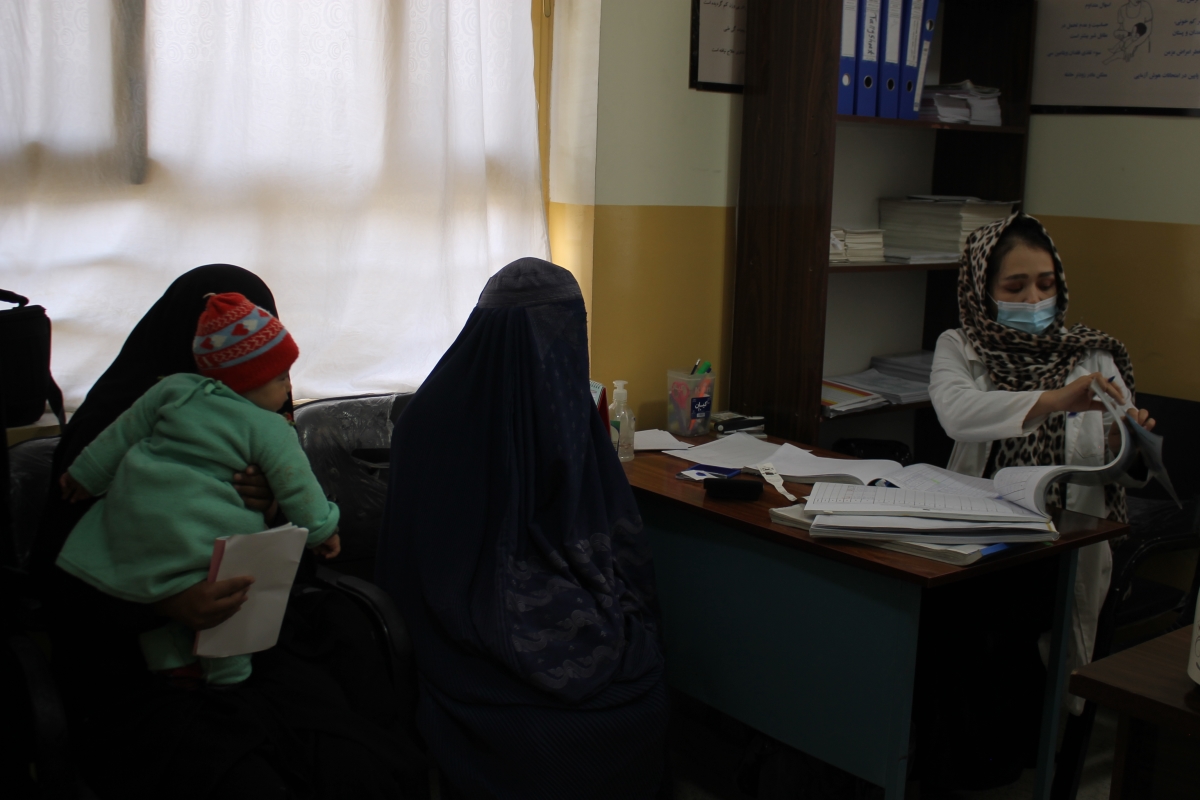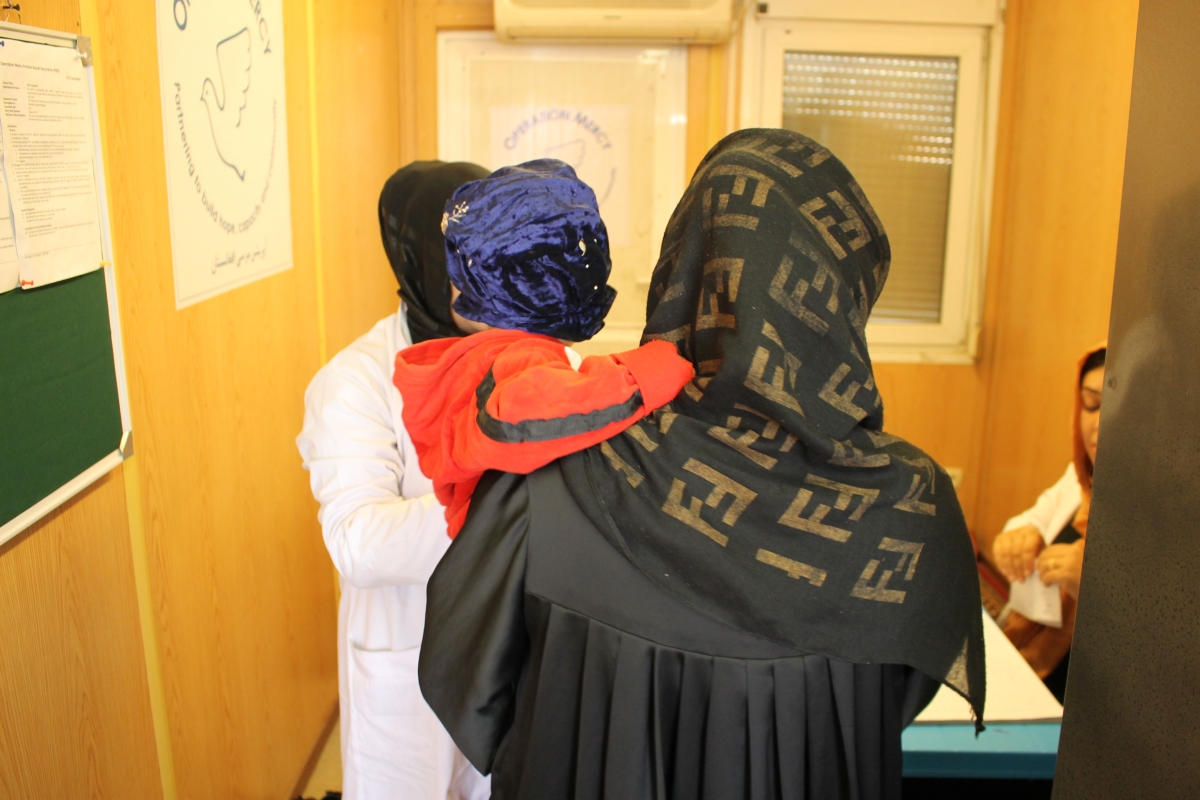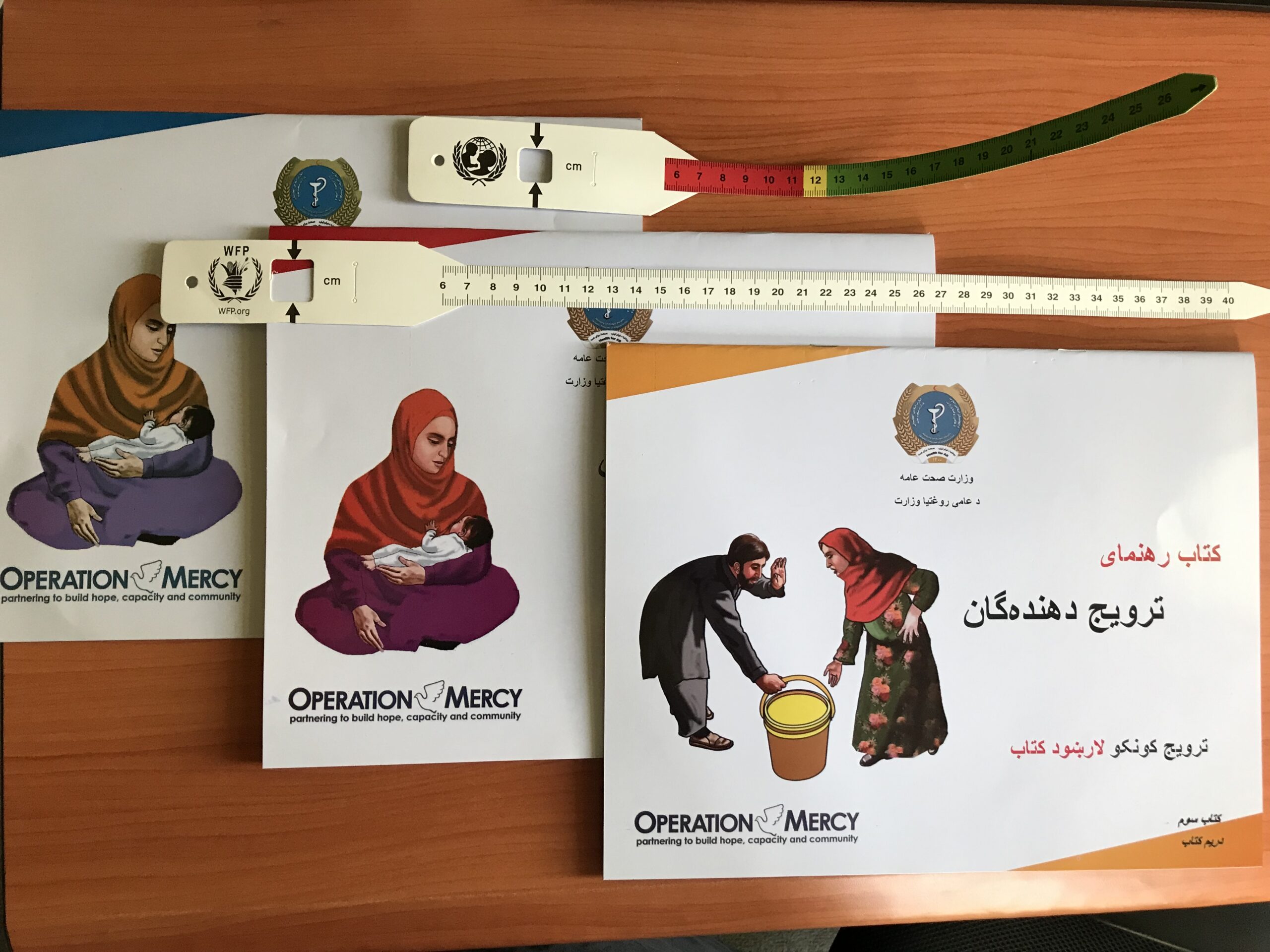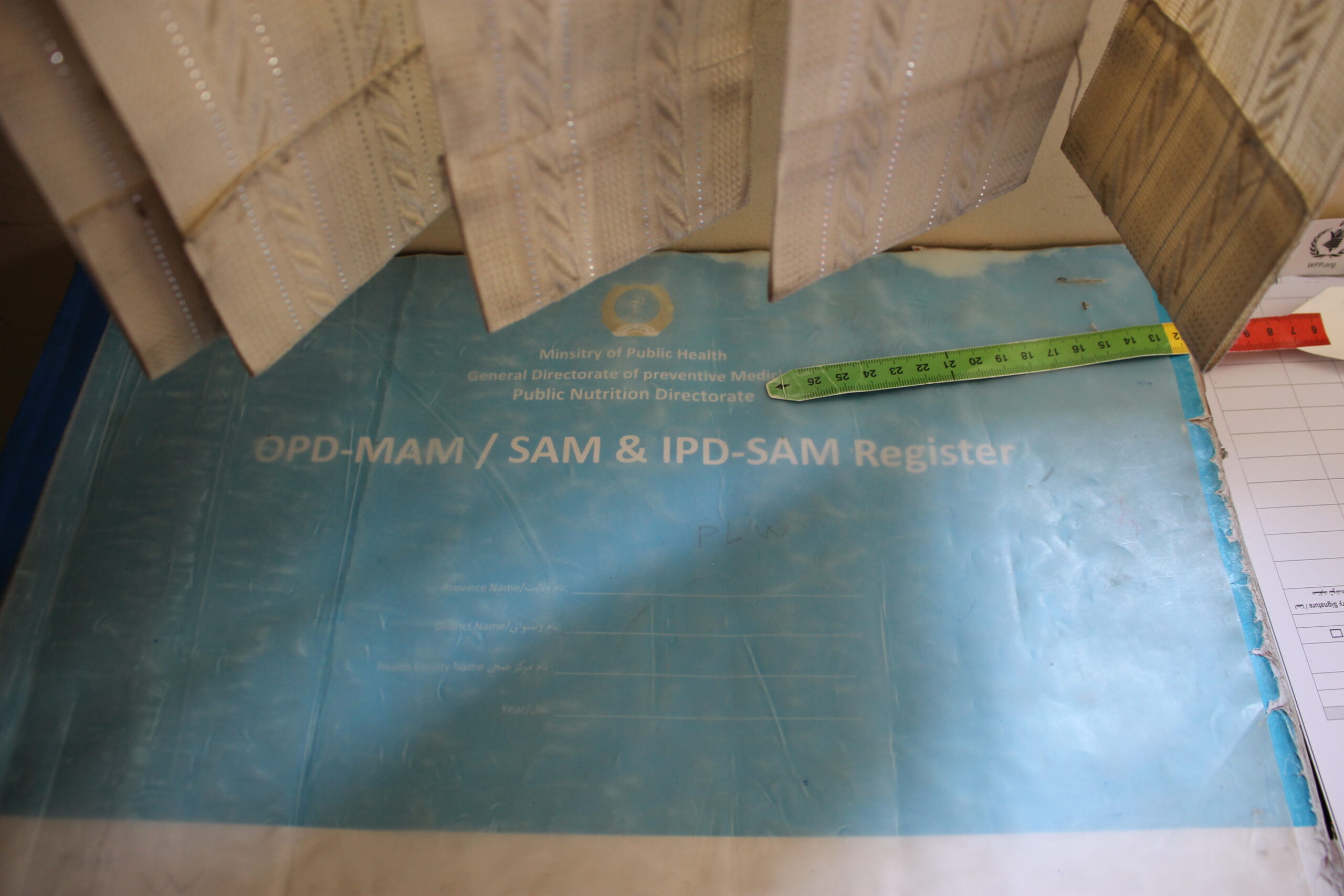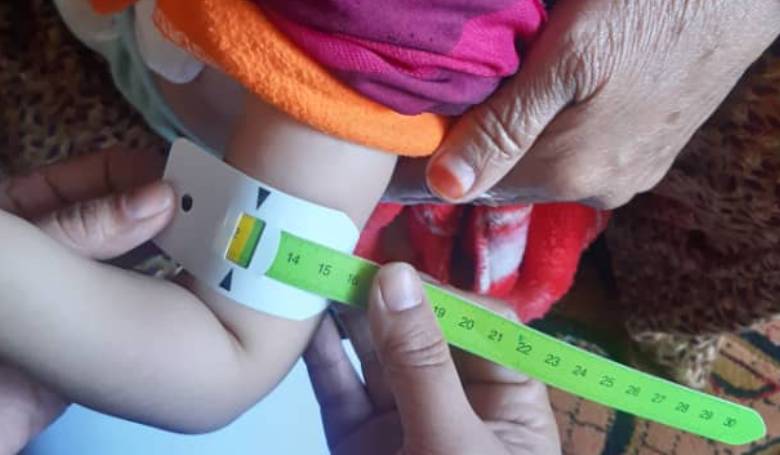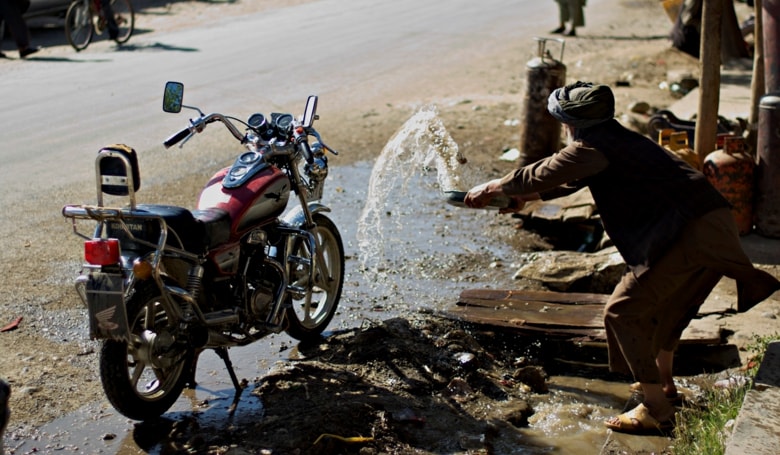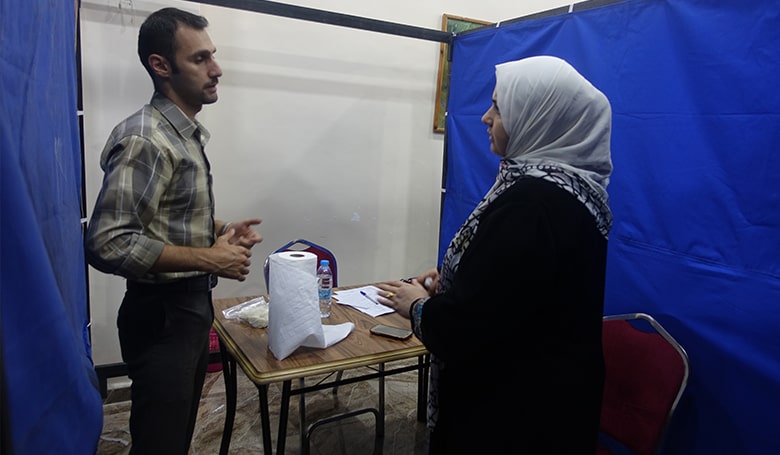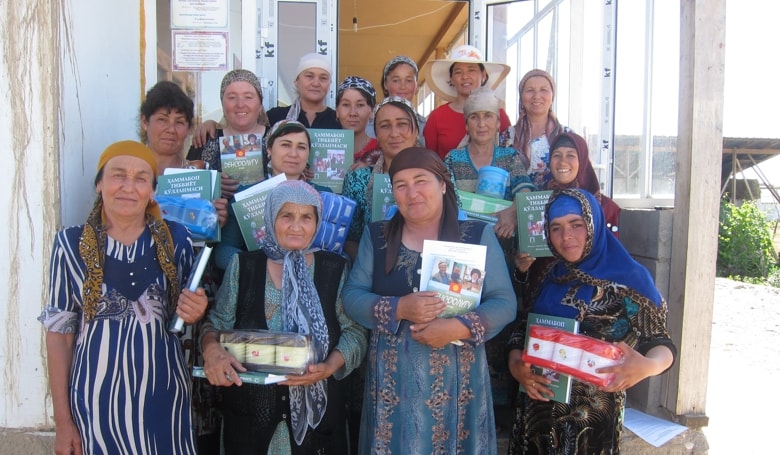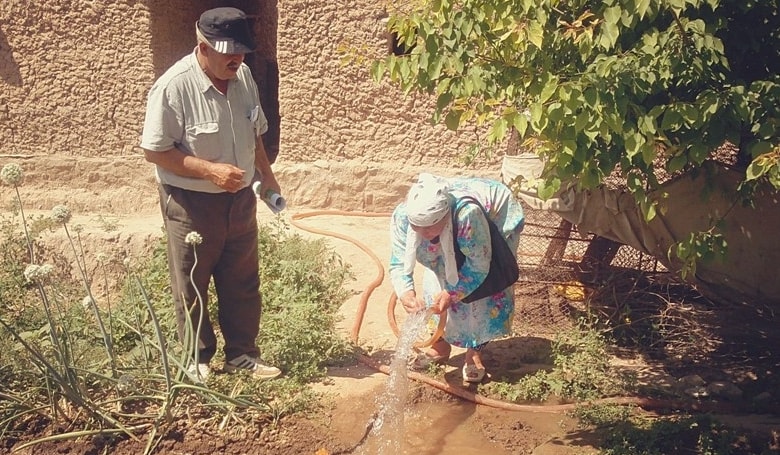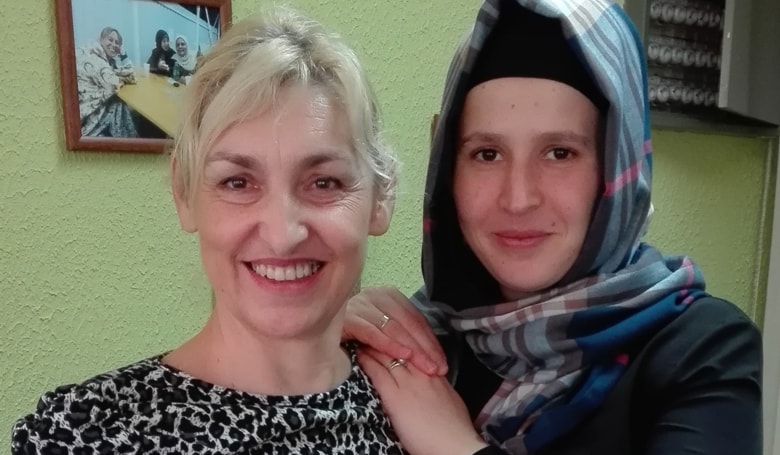One day, a community promoter from our nutrition program visited Farzana’s* home and saw that her youngest child Mohammed* was very weak and sick. They referred him to our malnutrition program at the nearest clinic where he was examined and found to be in the range of moderate malnutrition.
Farzana's husband works as a taxi driver, but can’t make enough money to cover rent, water, electricity, and food. She said, “I didn’t have enough milk to breast feed. We don’t have enough money for me to eat enough food so that I have milk and don’t have enough food for me to even cook dinner.”
Farzana was sent home with therapy food to give to Mohammed so he could gain weight, but she didn’t return for a follow-up appointment. The clinic nurse contacted Farzana, who explained that when she tried to come back to the clinic with Mohammad, her mother-in-law got very angry and refused to let her, saying that therapy food would only make him worse.
The nurse said that if Mohammed didn’t get treatment, in the future could be very sick or crippled, or even die. Armed with this knowledge, Farzana talk to her family about the dangers of not finishing Mohammad’s treatment, and her mother-in-law actually changed her mind.
Soon Mohammed was back to a normal weight and Farzana was delighted to see her son playing again, standing and moving, and having an appetite.
Many of the things we teach in the communities go against the traditional practices that people have used for many generations. However, when beneficiaries are supported and encouraged to discuss these issues in their families they are beginning to find the older generation are willing to listen and to change.
*names changed



